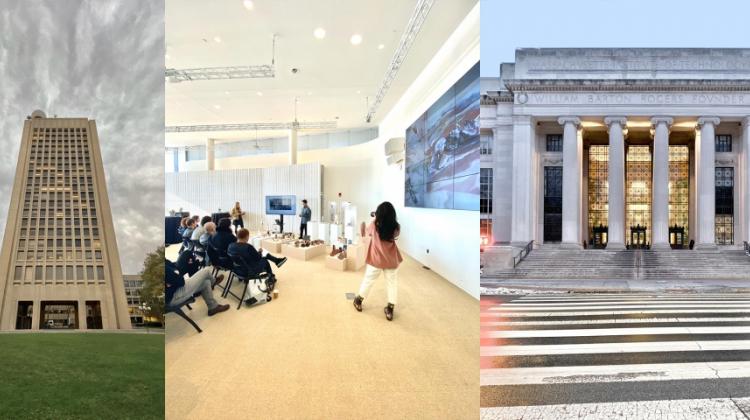4.310
4.311
Introduction to Screen Printing
UG: 4.310, G: 4.311
This hands on studio class will expose students to the technical skills needed for successful screen printing. Students will produce single and multicolor prints on paper and fabric using a variety of methods. Classes will cover an introduction to preparing and reclaiming screens, creating handmade and digital cut stencils, use of screen positives and photo emulsion, mono prints and editions, registration, and more. Lab fee required.
Spring
2025
0-3-3
U
0-3-6
G
Schedule
W 2-5
Location
E14-151
Enrollment
Limited to 10 (total for 4.310 and 4.311)
Lab Fee
Per-term $75 fee after Add Date; SMACT students are exempt
Can Be Repeated for Credit
No




